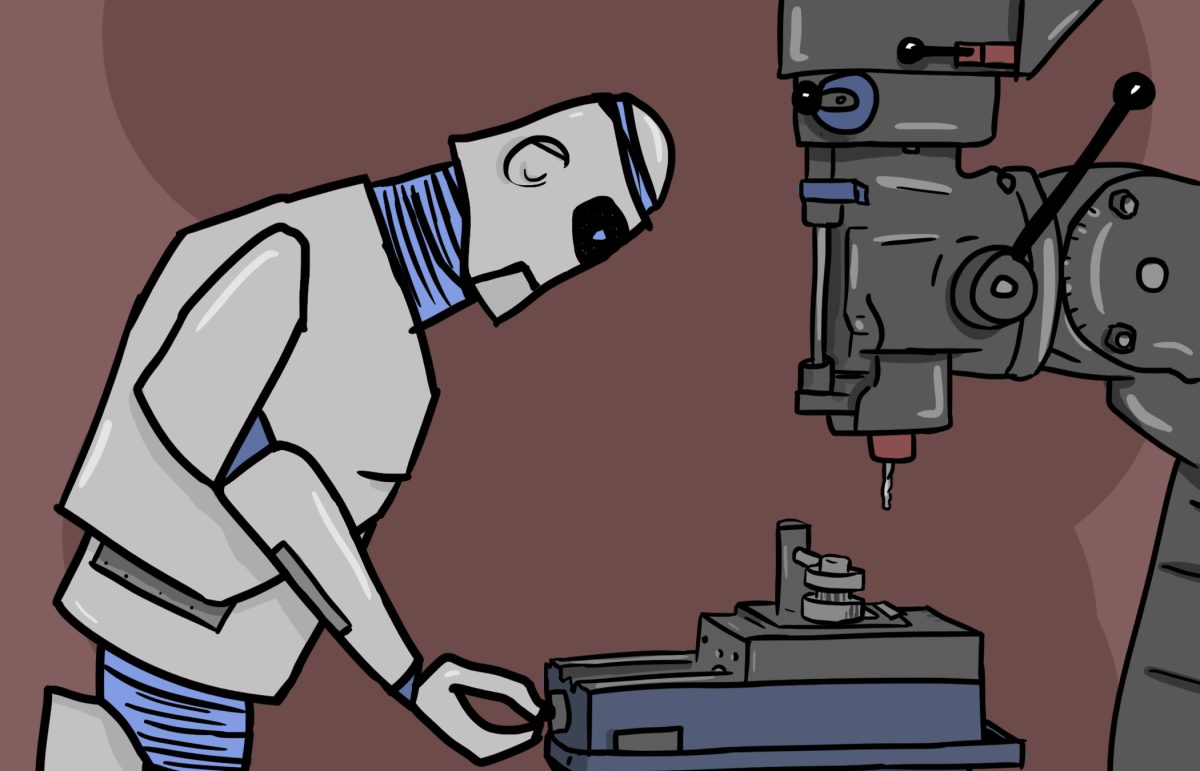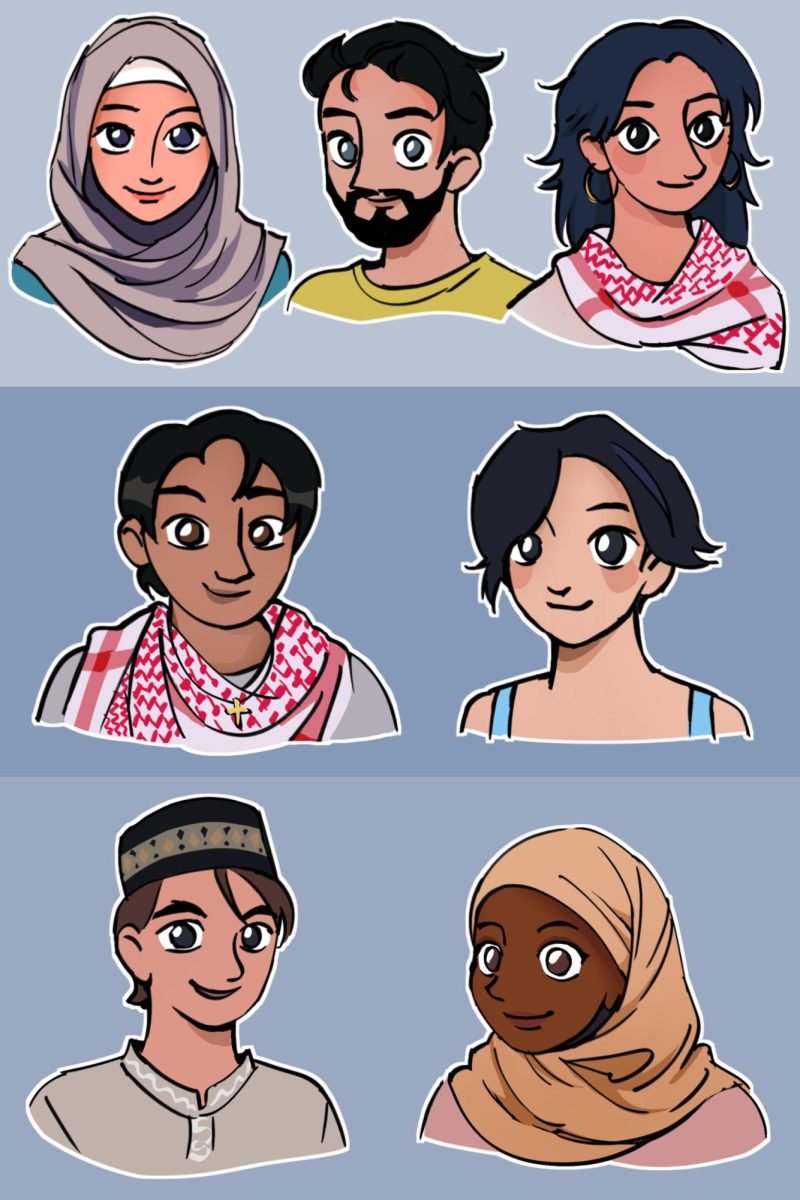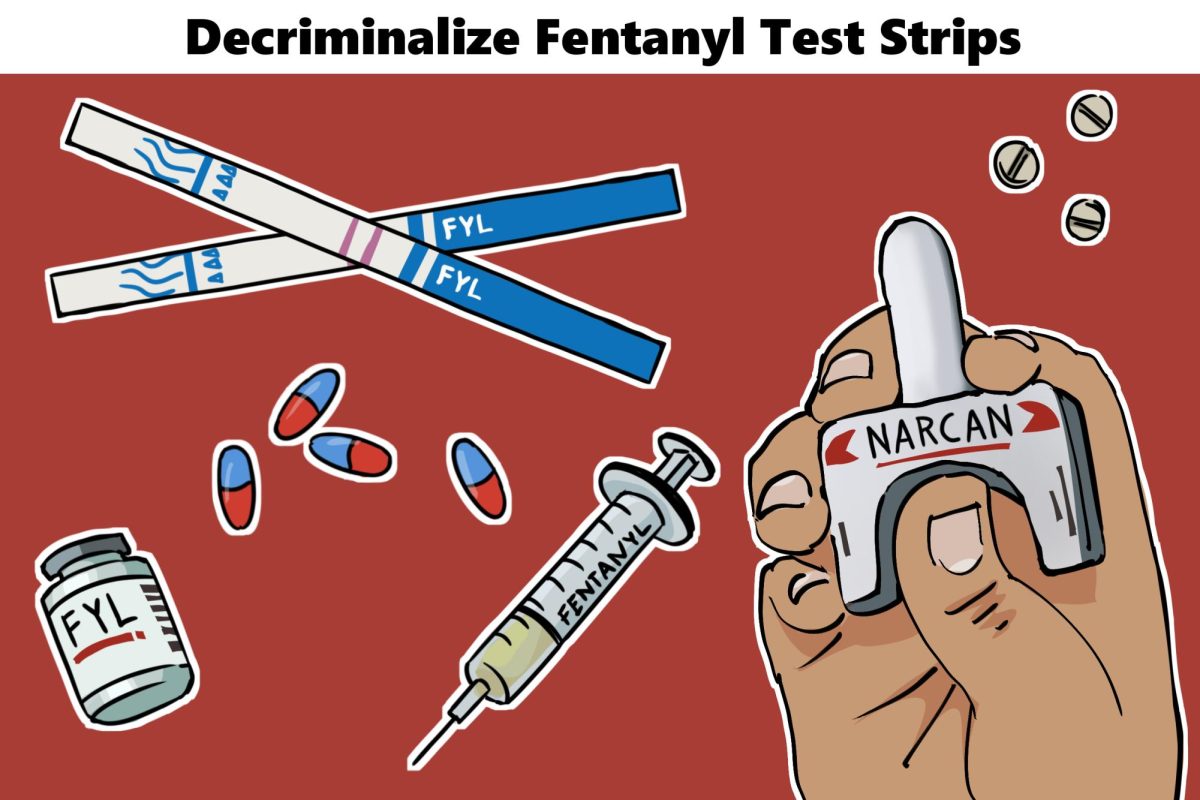The technological innovations and advancements of the future are regarded with both excitement and fear. Artificial intelligence and automation in both personal and professional life is a large source of anxiety for people. Billionaires and inventors have continued to speak out against the advancement of this field yet. Automation is already costing people their jobs, and there should be laws and provisions that prohibit machines from replacing people in our economy.
Intellectual figures such as Stephen Hawking and Bill Gates have warned the public about the possibilities of losing control of AI and the dangers it could bring to light. According to Apple Co-founder, Steve Wozniak, “if we build these devices to take care of everything for us, eventually they’ll think faster than us and they’ll get rid of the slow humans to run companies more efficiently.”
Though it may seem as if Wozniak is trying to instill fear in people, there is something to be said when many other scientists and people are saying the same thing. Elon Musk, CEO of Tesla Inc., suggests once humans are less suitable for work compared to robots, a basic income will be required for each household to sustain itself, arguably creating a stagnant economy and declining initiative.
Forcing unemployment or early retirement on people such as factory workers puts a great burden on the economy. Though paying for automated systems may be cheaper overall for businesses, the unemployed worker reaps the cost of this transformation. Unfortunately, the damage of AI doesn’t just stop at factory workers. At-home caregivers for the sick and elderly are also being replaced by smaller robots that are able to update and send the patients health information to the doctor. Because robots are replacing humans, it devalues the cost of human labor, actively hurting our country’s economy.
Overall, the government will have an extremely hard time keeping up with the acceleration of technology and should do its best to draw a line in the sand and take measures against the advancement of these machines in the workplace. While some jobs will be created from technological advances, some will also be lost. Though it may increase productivity, it will displace many workers. As of now, there is not much policy within the United States addressing AI within the workforce, mostly due to the fact people are widely unsure of its overall effect.
Our government should be proactive in the spread of AI and create policies that prohibit the use of robots in jobs where so many people are employed or human interaction is crucial, otherwise our economy will eventually fail.
– Katelyn Moriarty is a political science sophomore
Categories:
Automation systems and the dangers they bring
November 11, 2017
Illustration by Haley Prieto | Staff Illustrator
0
Donate to The University Star
Your donation will support the student journalists of Texas State University. Your contribution will allow us to purchase equipment and cover our annual website hosting costs.
More to Discover








